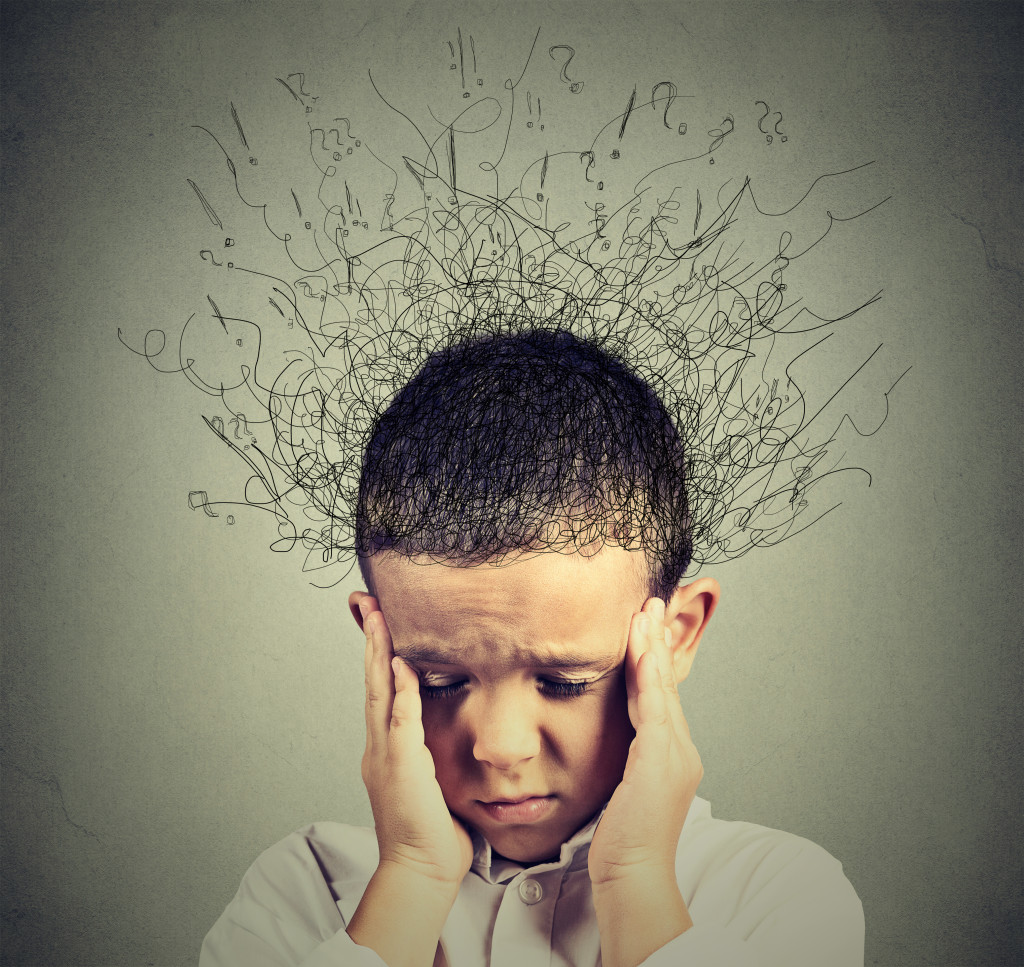• Anxiety is a mental health issue caused by tension and fear, manifesting as physical symptoms, mental anguish, emotional turmoil, and stress.
• Your community can provide resources and support to help you cope with anxiety.
• Relaxation techniques like deep breathing, mindfulness meditation, yoga, and tai chi can reduce anxiety levels.
• Medication may be necessary for those struggling with severe anxiety symptoms; discuss this with a healthcare provider to get the best treatment plan.
• Don’t hesitate to seek help if you feel you are struggling with anxiety or any other mental health issue!
Anxiety is a mental health issue affecting millions of people worldwide. It can manifest itself in different ways, such as physical symptoms, mental anguish, and emotional turmoil. If left unchecked, anxiety can have severe consequences for your life. Here’s what you need to know about it and how you and your community can help deal with it.
Anxiety and Your Life
Anxiety happens when your body and mind are in a state of tension and fear. Here’s a look at four ways that stress can affect your life.
Physical Symptoms
Anxiety has been linked to physical symptoms such as headaches, stomach aches, rapid heart rate, and difficulty breathing. These symptoms can interfere with daily activities and make it difficult to focus or complete tasks. In some cases, they can even lead to panic attacks. Therefore, it’s essential to recognize these physical symptoms so you can seek help sooner rather than later.

Mental Anguish
Anxiety also manifests itself in the form of mental anguish, which is characterized by feelings of dread or worries about the future. This worry can be debilitating for those who suffer from it and may prevent them from living their life to their fullest potential.
In addition, this mental anguish can lead to rumination—constantly thinking about what “could” happen—further exacerbates anxiety in the long run.
Emotional Turmoil
Anxiety often leads to an internal struggle between emotions and logic; this struggle can cause emotional turmoil that affects your relationships and everyday interactions with others. Those who suffer from anxiety may find themselves unable to control their emotions or express themselves appropriately in social situations due to fear of judgment or criticism from others. This emotional turmoil may also lead to feelings of loneliness and isolation over time if not appropriately addressed.
Stress
Stress is one of the most common side effects of anxiety; it’s almost like an invisible threat looming over their heads when people are anxious about something—whether it be a job interview or an upcoming exam—. It’s hard to ignore this feeling of stress when it arises within us, and outside factors cause pressure on us externally.
Over time, this stress can take a toll on people’s physical and mental health and should be monitored closely to stay healthy in body and mind throughout your life!
Dealing With Anxiety
Anxiety is a common issue in the U.S., with over 6 million adults suffering from it. Thankfully, there are ways to cope with anxiety and manage its symptoms. Your community can provide the resources and support you need to deal with anxiety. Here are some ways you can deal with it.

Community Help
Your community can provide invaluable support when it comes to dealing with anxiety. They can connect you with qualified mental health professionals who can help you understand your anxiety and create a plan for managing it.
They may also offer peer groups or support groups, which are great resources for people struggling with anxiety as they provide a safe space to share stories and learn from them. Ultimately, you need an app that’ll help you connect. You need to invest in a robust community engagement app builder. This app builder can be a platform for your members to connect, share stories and experiences, provide support and advice, and build a solid community to help you cope with anxiety.
Relaxation Techniques
Relaxation techniques such as deep breathing, mindfulness meditation, yoga, tai chi, or progressive muscle relaxation can all be used to reduce anxiety levels and help you stay in control of your emotions. Talking to a qualified mental health professional is always advised when dealing with anxiety, as they can provide specialized care tailored to your individual needs.
Medication
In some cases, medication may be necessary for those struggling with severe anxiety symptoms. This should be discussed with a healthcare provider who can evaluate the individual’s needs and recommend the best course of treatment.
Anxiety is a real issue affecting millions of people worldwide; if left unchecked, it could have severe implications for your life mentally, physically, and emotionally too! Therefore, if you feel like you are struggling with anxiety or any other mental health issues, please don’t hesitate to speak up – seek professional help immediately so that you can live a healthier lifestyle free from any worries or anxieties! Remember – you are never alone!
